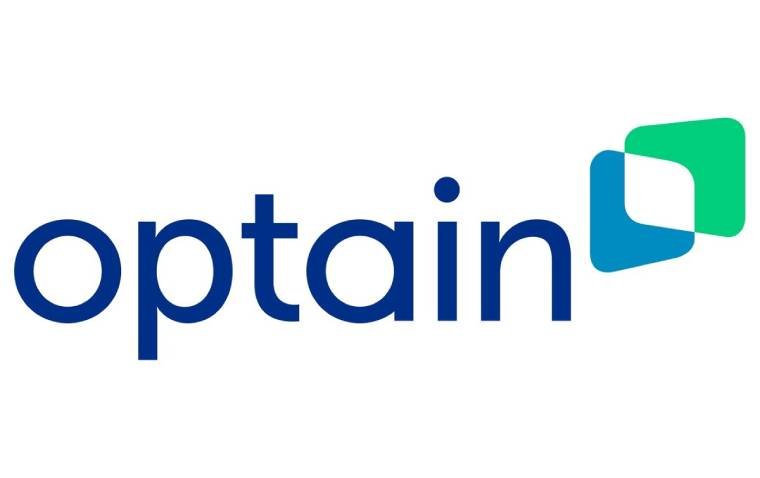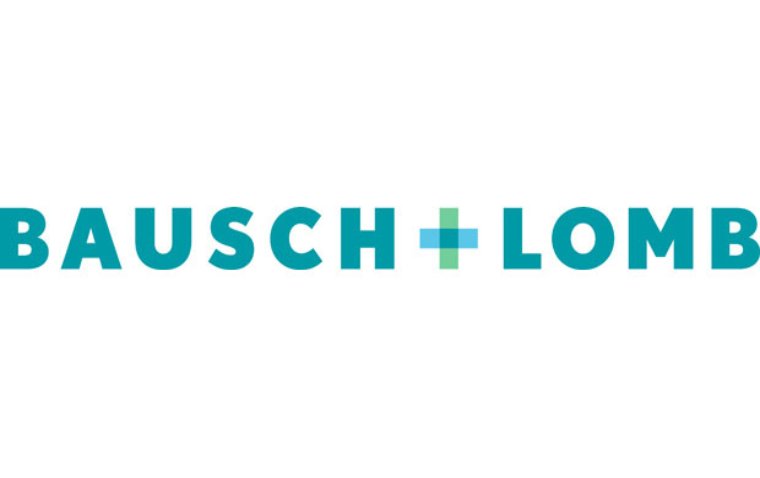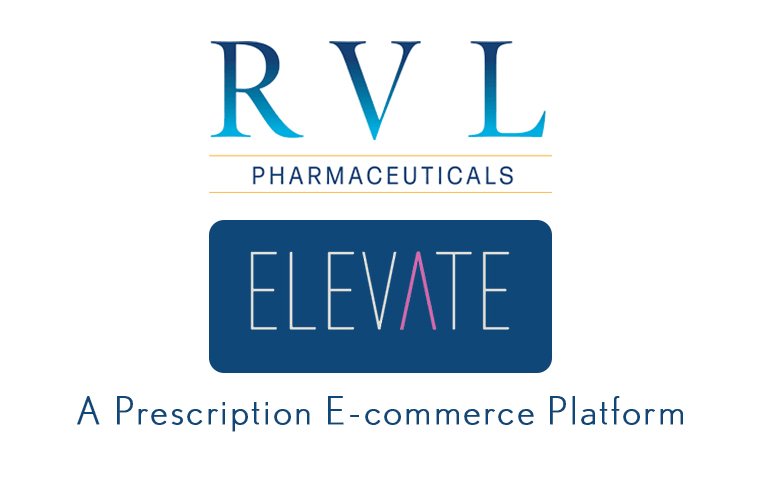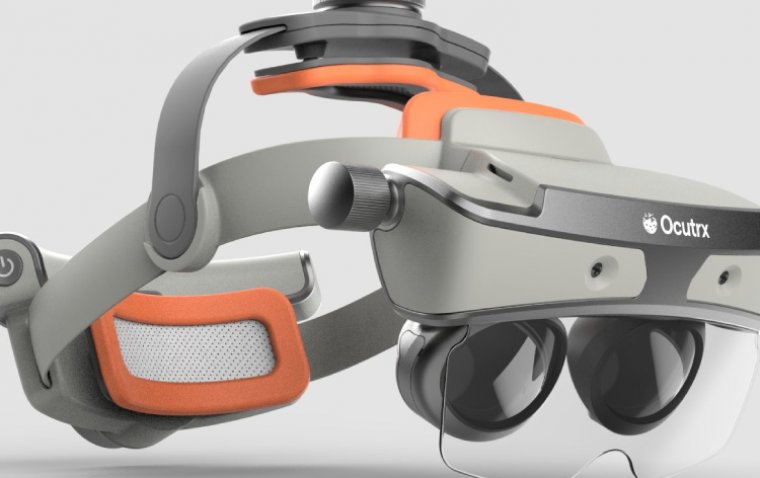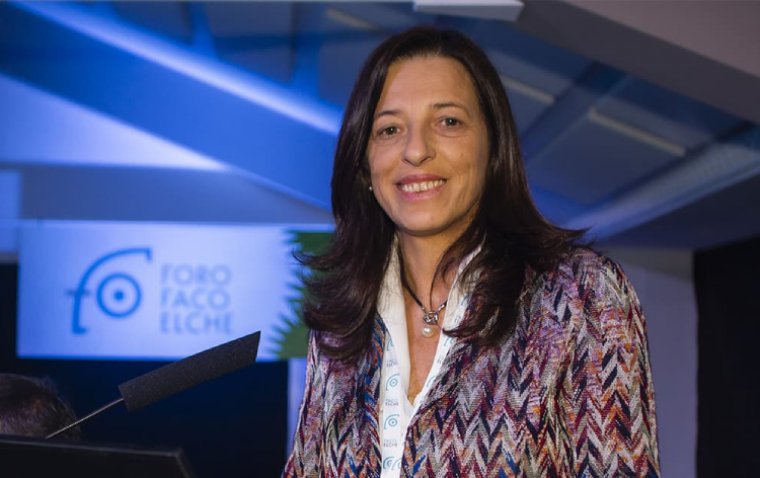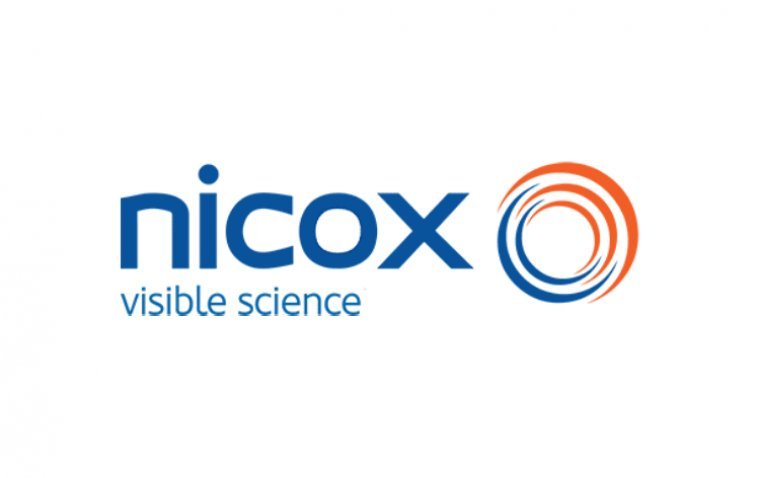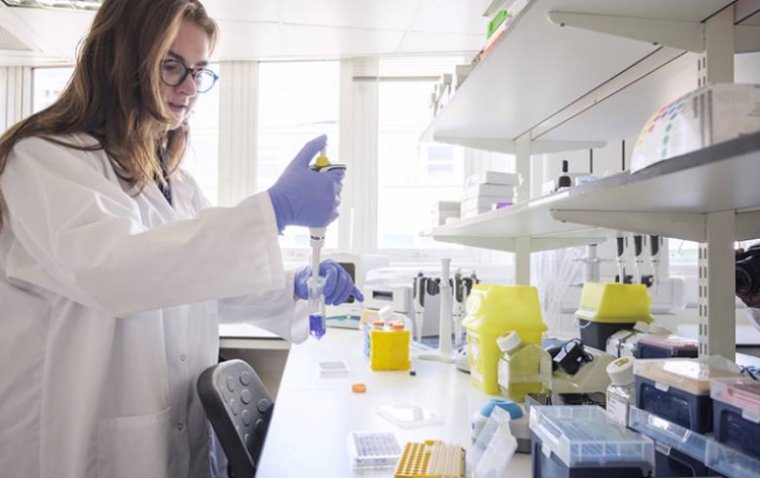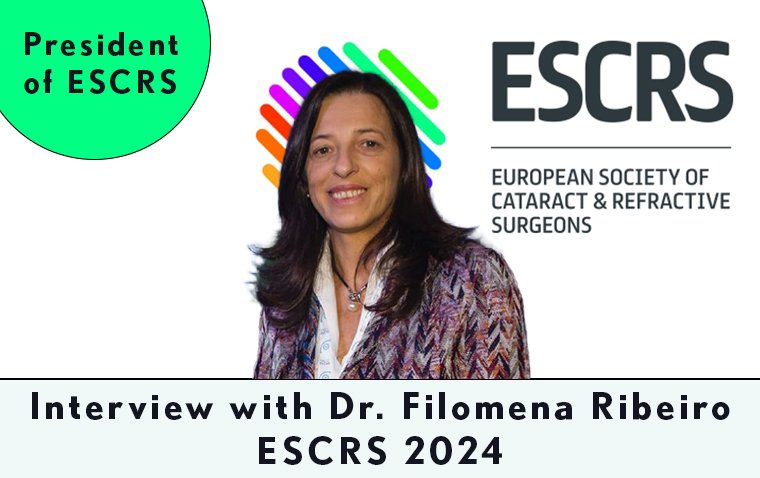
ESCRS 2024: Insights From Ophthalmic Leaders with Dr. Filomena Ribeiro
Filomena Ribeiro is the Chair of the Ophthalmology Department at Hospital da Luz Lisbon and serves as a Professor of Ophthalmology and Biomedical Engineering at the University of Lisbon.
Dr. Ribeiro holds a Ph.D. in Biomedical Engineering from the University of Lisbon, with her dissertation titled “Personalized Pseudophakic Eye Model for IOL Power Calculation.” In addition to her academic achievements, she has earned a postgraduate degree in Leadership (PAAO) and Management for Healthcare Institutions from AESE Business School. She is also a Fellow of the European Board of Ophthalmology.
Throughout her career, Dr. Ribeiro has held several prominent positions, including Chair of the Portuguese Group of Ocular Inflammation and the Portuguese Group of Cataract and Refractive Surgery, both under the Portuguese Society of Ophthalmology. She has also served on the Board and as Secretary of the Portuguese Ophthalmology College and represented Portugal in the European Union of Medical Specialists (UEMS).
Dr. Ribeiro has pioneered the development of cataract surgery simulation courses in Portugal, where she continues to serve as the Director. She is also a member of the National Ophthalmology Jury and an Examiner for both the EBO and EBO-CR.
In her research endeavors, Dr. Ribeiro is affiliated with the Visual Sciences Research Centre and the Plasma Physics, Lasers, and Nuclear Fusion Department at the University of Lisbon. She is the Principal Investigator of the Learning Health Vision Group at Hospital da Luz Lisbon. Her research focuses on IOL power calculation, presbyopia correction, and innovations in cataract surgery. Dr. Ribeiro is currently serving as the President of the ESCRS.
Interview with Filomena Ribeiro
Q1: Can you share with us any new initiatives or programs that ESCRS is introducing for the 2024 Congress? What can attendees look forward to that's different from previous years?
For the 2024 ESCRS Congress, we’re unveiling several exciting initiatives designed to enhance the experience for our attendees. This year marks the 75th anniversary of the first intraocular lens implantation, and to celebrate, we’re introducing the IOL Experience Tunnel, a unique immersive experience.
Additionally, we are prioritizing access to surgical training with the new ESCRS Training Lab, which boasts 17 state-of-the-art cataract surgery simulators. The response has been overwhelming—600 spots were fully booked within 72 hours of registration opening. We’re also enhancing opportunities for collaboration through various networking events, including Escape rooms and mentorship sessions as part of the BoSS (Building our Sustainable, Inclusive Society) program.
Moreover, the Tablao Arena will offer a vibrant mix of local Spanish culture and scientific discourse, featuring workshops, significant scientific debates, and discussion forums.
Q2: In your opinion, what are the most exciting developments or advancements in ophthalmology that will be highlighted at ESCRS 2024?
ESCRS 2024 will be a landmark event, particularly with the debut of the Global Refractive Summit, a collaboration with ISRS and BRASCRS, where we’ll showcase groundbreaking advancements in refractive surgery. We’re also thrilled to facilitate global knowledge-sharing sessions, involving renowned societies such as ASCRS, APACRS, AAO, PAAO, alongside with various European societies.
The Congress will focus on the latest developments in key areas of ophthalmology through our main symposia and comprehensive instructional courses.
Q3: How is ESCRS promoting diversity among its speakers and participants? Tell us about the efforts to ensure a diverse representation of voices at ESCRS 2024.
ESCRS is deeply committed to promoting diversity and inclusion through initiatives like the BoSS (Building our Sustainable, Inclusive Society) program. This initiative aims to ensure diverse representation across all levels of participation at the Congress, providing leadership and mentorship opportunities to foster an inclusive environment.
We’re making significant efforts to enhance gender balance among speakers and to create platforms that allow all members of the ophthalmology community to share their perspectives and contribute meaningfully. We encourage all to visit the BoSS page on our website.
Q4: Sustainability is increasingly important in large events. Could you tell us about any sustainability efforts or green initiatives that ESCRS is implementing for the 2024 Congress?
Sustainability is a core priority for ESCRS, we’ve developed a range of initiatives. We’re introducing tools like the ESCRS Cat-Pack and Sidics, which will be integrated into our gamification efforts to raise environmental awareness among delegates. Additionally, our investment in the development of the IFUnas intraocular lenses underscores our commitment to reducing the environmental impact of our events. Through these initiatives, we aim to promote sustainable practices across all aspects of the Congress.
Q5: As the ESCRS President, what are your personal highlights or moments of anticipation for ESCRS 2024? Are there any specific speakers or events that you are especially looking forward to?
As ESCRS President, I’m particularly proud of the work done by the ESCRS Functional Vision Working Group, which has led to the publication of a proposed functional classification for presbyopia-correcting IOLs in the JCRS. This achievement will be further explored in a workshop in Barcelona. I’m also looking forward to the first-ever JCRO Symposium and the EU Trials Spotlight session, both of which promise to be significant highlights of the Congress.
(1).jpg)

